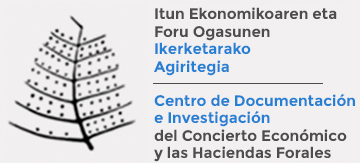The majority of U.S. states have implemented tax credits that encourage donating to specific clases of nonprofits. However, the effect on the nonprofits themselves is unknown. This paper estimates the causal effect of two of the costliest programs. Arizona’s Working Poor Tax Credit (WPTC) and the Endow Iowa Tax Credit (“Endow Iowa”) provide stark contrast for analysis. The WPTC, the largest tax credit for charitable giving in terms of tax expenditure, provides a broadly targeted 100 percent credit with a cap of $200 per person. Endow Iowa provides a sharply targeted 25 percent credit with a cap of $300,000 per tax-payer. A model of donor budget constraints and preferences suggests that Endow Iowa has greater potential to induce large increases in contributions to its targeted charities than does the WPTC. Using synthetic control methods to construct counterfactuals, I estimate a 125 percent increase in contributions to community foundations in Iowa. In contrast, I find no evidence that the WPTC increased contributions to the targeted Arizona nonprofits. Evidence suggests that the growth in contribution levels in Iowa included increases in both the number of community foundations and the level of contributions per foundation.
Actualidad


